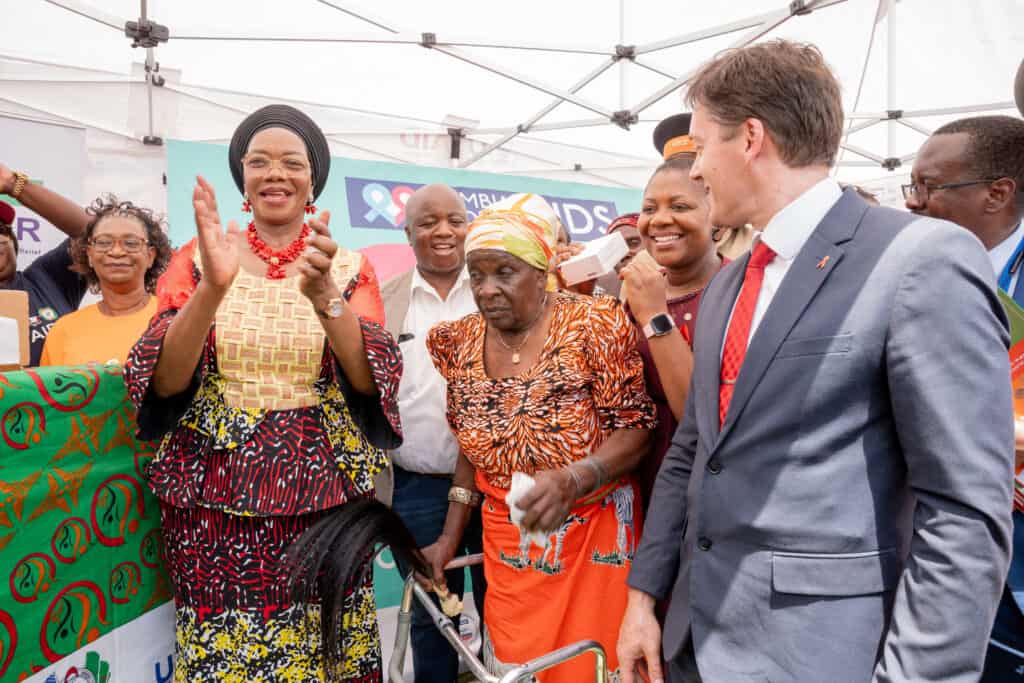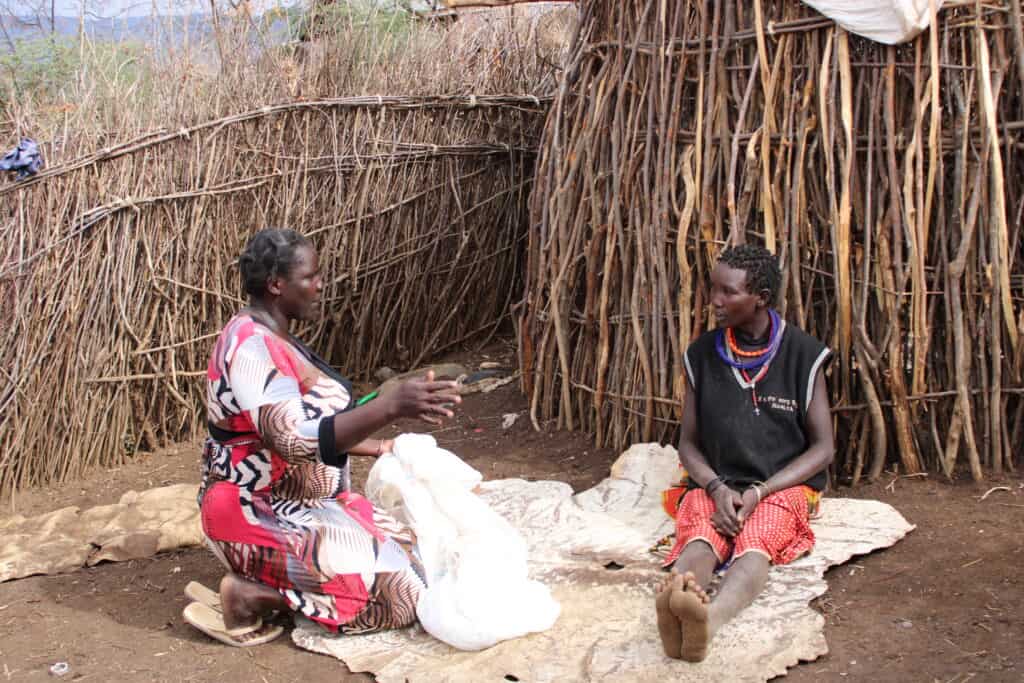This website uses cookies so that we can provide you with the best user experience possible. Cookie information is stored in your browser and performs functions such as recognizing you when you return to our website and helping our team to understand which sections of the website you find most interesting and useful.
HIV and Infectious Diseases
Although preventable and treatable, HIV and other infectious diseases like tuberculosis (TB) and malaria remain leading causes of morbidity and mortality in many countries. Despite decades of progress, various factors contribute to the persistent stigma and discrimination, inaccessible supplies, and insufficient care quality that limit people’s uptake of prevention and treatment.
Social and behavioral sciences help us understand and influence human behavior to curb infectious disease transmission. They help us strengthen the health system response along the continuum of care to better align with clients’ realities, needs, and preferences. We use behavioral insights to create social and behavior change (SBC) interventions at all levels of the health system to expand person-centered care and improve health outcomes for all.
For more information on how we use SBC to respond to HIV and other infectious diseases, contact Melinda McKay, Behavior Initiative Director at Melinda_McKay@jsi.com.
HIV
We work to shift norms to eradicate stigma; increase demand for prevention, testing, and treatment; and overcome supply-side barriers to increase the availability of and access to life-saving HIV products and services. We use behavioral science to understand people’s motivations and preferences and to ascertain the system and service delivery changes needed to ensure person-centered HIV care.
Tuberculosis
We work with national TB programs and local public and private partners to use SBC to improve prevention and treatment intervention quality; support providers to better diagnose and treat TB, (especially drug-resistant TB); end stigma and discrimination; and improve TB preventive therapy uptake and treatment completion rates. We also use SBC to increase demand for and use of data to inform TB policy and financing and improve outcomes.
Malaria
Our systems approach to SBC spans the malaria continuum of care. Through user-centered participatory research and community engagement, we identify and respond to key environmental, systemic, and demand barriers and facilitators of malaria prevention and treatment behaviors. These behaviors include access to and use of insecticide-treated bed nets, immune thrombocytopenia during pregnancy, and care-seeking for children with fever. We also use social and behavioral science to understand human mobility patterns, social networks, and norms that influence malaria transmission and work alongside governments to implement outbreak surveillance and rapid response. We will leverage our experience using behavioral science to drive demand for the new RTS,S malaria vaccine.
Project in Focus
USAID Cure Tuberculosis
The USAID Cure Tuberculosis project implements multi-pronged SBC approaches to engage communities in the Kyrgyz Republic. It has trained more than 43,000 health promotion unit specialists, community and religious leaders, and volunteers to use SBC strategies to reduce TB misinformation, stigma, and discrimination, and support early testing and treatment completion. Additionally, the project has used mass and social media, along with behavioral journalism, to encourage people to seek testing and treatment and support those who have TB. The project’s provider behavior change efforts used social and behavioral insights to fill counseling gaps and devise an incentive scheme to increase person-centered services and links with community service organizations (CSOs). These interventions along with the comprehensive package of structural reforms resulted in significant improvements in national indicators: the rate of drug-resistant (DR) TB patients lost-to-follow-up dropped from 22 percent in 2019 to 15 percent in 2022, and the DR-TB treatment success rate increased from 56 percent in 2019 to 74 percent in 2023.





